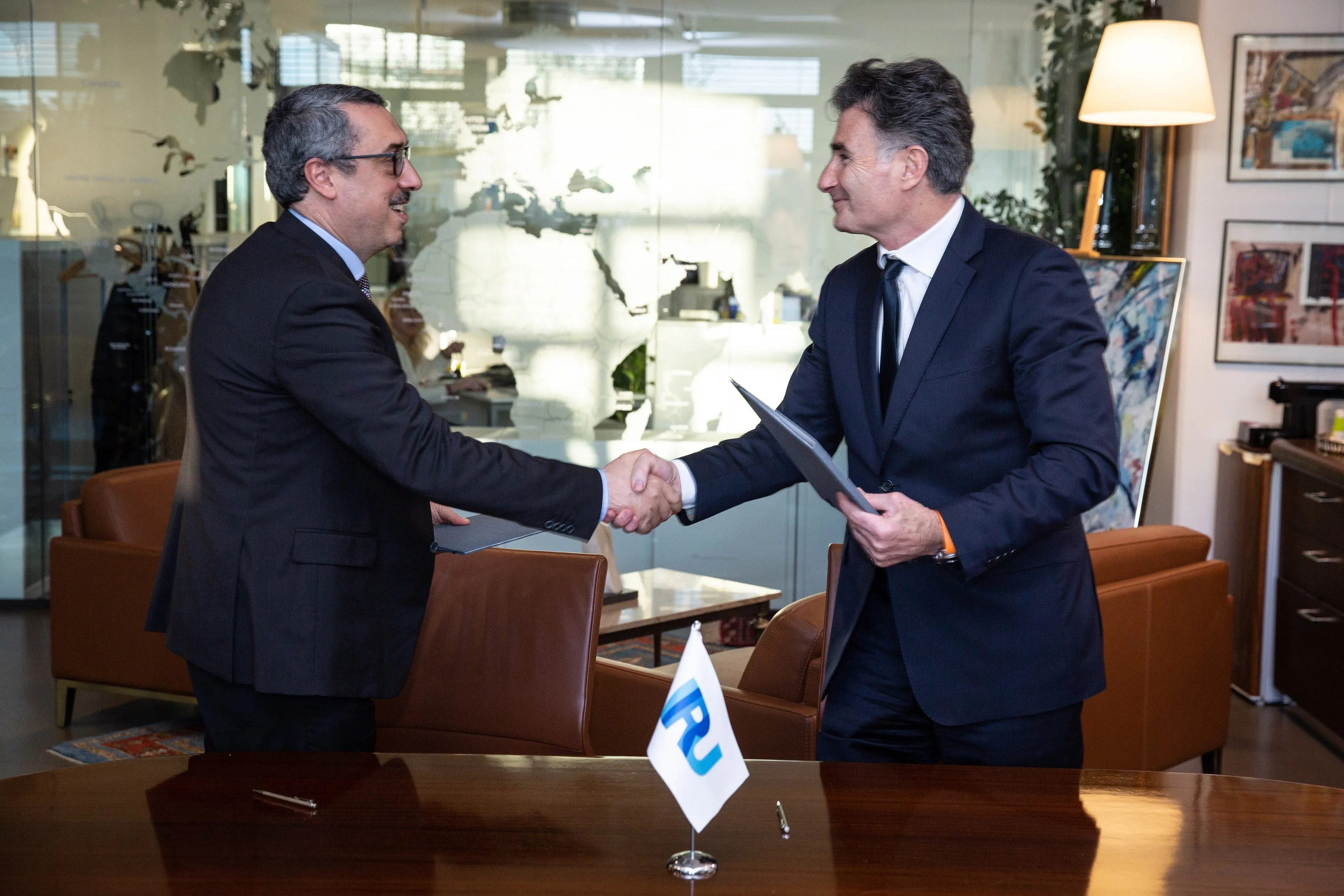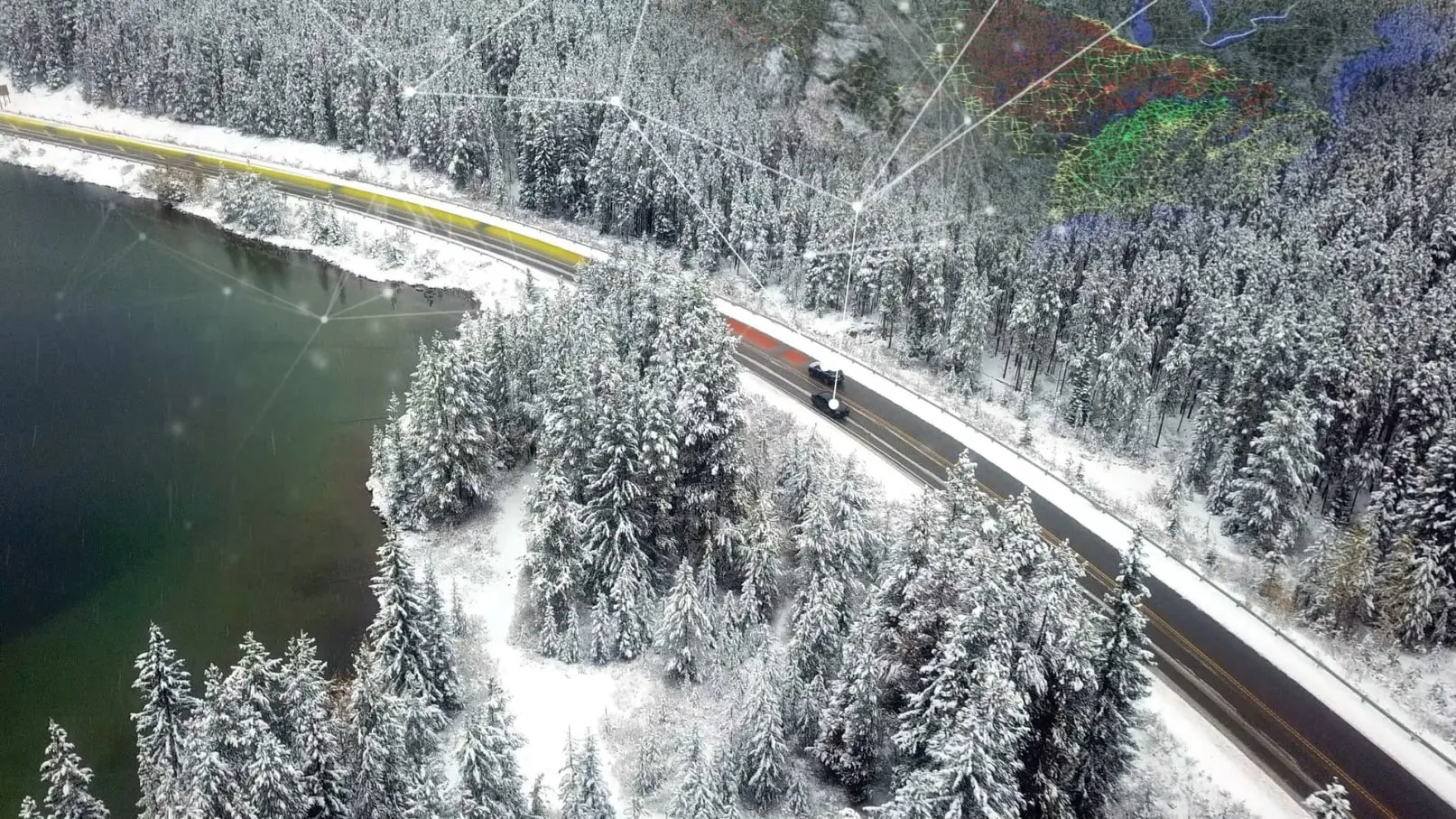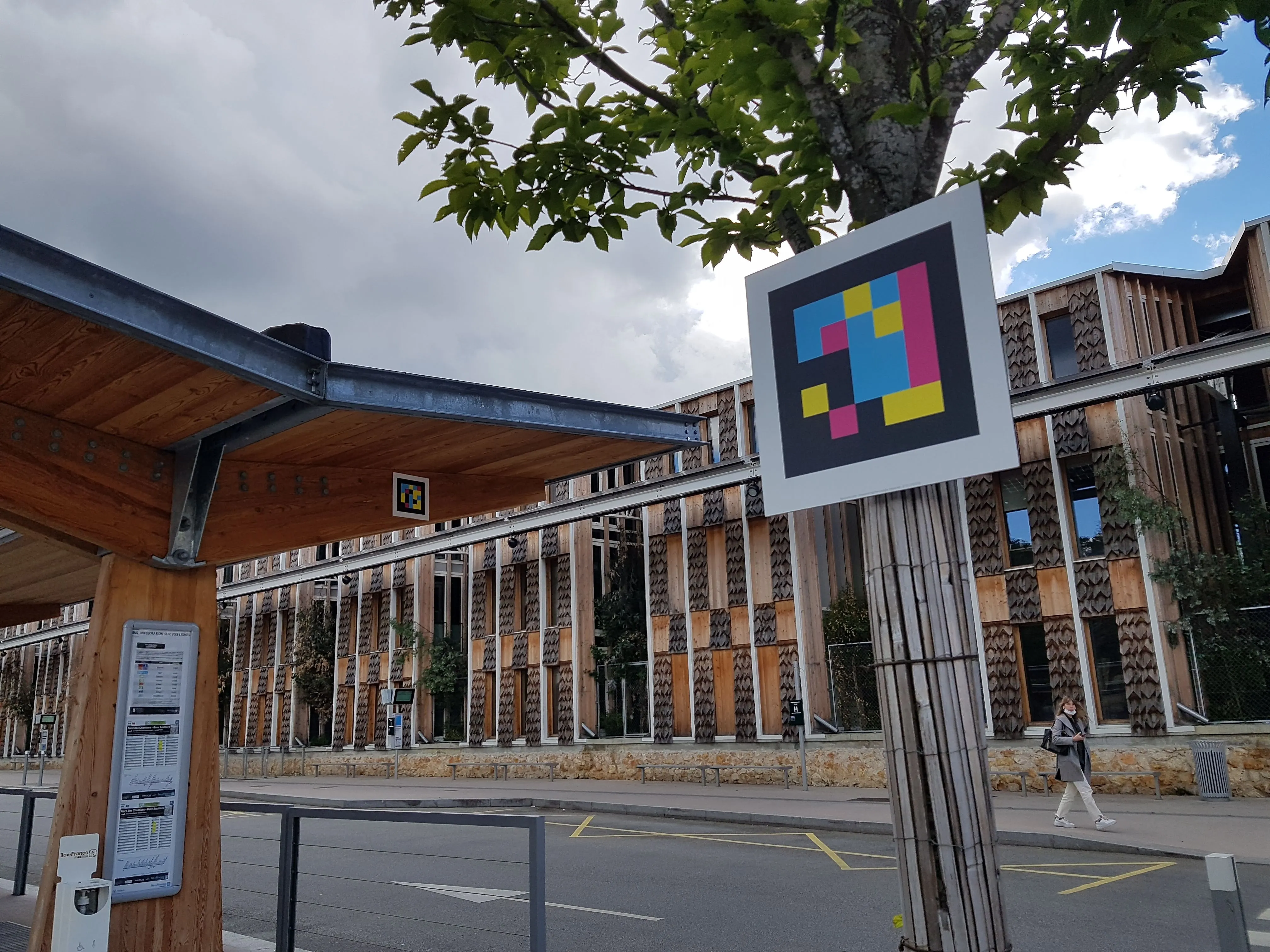
The International Road Federation (IRF Geneva) and the International Road Transport Union (IRU) have signed a Memorandum of Understanding (MoU).
The organisations have a 75-year history and have now pledged "to focus on people, prosperity, and the environment while addressing new challenges and opportunities, including digitalisation and decarbonisation".
They say they will also continue to collaborate in areas such as labour shortages, training and road safety.
IRF president Anouar Benazzouz said: “We are delighted to kick off celebrations for our 75th anniversary with a long-standing and trusted partner like the IRU. The challenges that our sector and society at large experience require coordinated action and joint efforts. The destination remains unchanged: delivering better mobility systems for all, together."
“We have worked with IRF for many decades, addressing a wide range of issues," said IRU secretary general Umberto de Pretto.
"With new challenges ahead, such as decarbonisation and digitalisation, both organisations agree that we can further focus our efforts and create synergies with this agreement."









